
Imagine this: an emergency happens in your neighborhood. You rush to your car, turn the key, and… nothing. Silence. Your battery is dead. It’s a frustrating situation, right? AAA gets over 7 million battery-related calls each year! That’s a lot of annoyed drivers.
However, people could prevent many of these issues if they were aware of the warning signs of a dying battery.
Is your car battery on its last legs? Let’s find out together. Here are the 10 signs that you need a new car battery.
Contents
1. The Dreaded Slow Start
Have you ever turned your key and heard that dreaded “rur…rur…” sound? That’s your engine struggling to start, and it’s a clear sign of a slow engine crank.
When your car struggles to start, it’s like your battery is gasping for breath. It’s having a difficult time providing the power needed to get your engine going. This slow start often means your car battery is getting weak, but there could be other issues too.
Several factors can contribute to this frustrating scenario:
- Age: Like us, batteries don’t get better with age.
- Weather: Extreme temperatures can be a battery’s worst enemy.
- Electrical drain: Those fancy gadgets might be sipping power even when your car’s off.
Now, before you rush to blame your battery, let’s play detective. How do you know if it’s truly a battery issue and not something else? Here’s a quick checklist:
- Dim headlights: When starting, look for dim headlights—a classic battery warning sign.
- Clicking sound: Listen carefully; a clicking sound might indicate a starter problem instead.
- Jumpstart: Try a jumpstart; if it works, your battery is likely the culprit.
For DIY enthusiasts, a simple battery voltage test can provide valuable insights. A healthy battery should read around 12.6 volts when the engine’s off. Anything significantly lower? You might be in the market for a new car battery.
2. Check Engine Light Shenanigans
Did you know that your battery could be the cause of the mysterious check engine light?
When your car battery starts to falter, it can trigger a cascade of electrical issues throughout your vehicle. Your car’s computer, acting as a vigilant watchdog, picks up on these fluctuations and responds by illuminating that pesky check engine light.
Here’s what might be happening:
• Your battery’s voltage is dropping below its optimal level.
• The alternator is struggling to charge a weakening battery
• The battery drain is causing an inconsistent power supply to critical systems.
But wait! Before you blame the battery for every check engine light, remember it’s not always the cause. This warning can indicate many issues, from a loose gas cap to serious engine problems.
So, how do you pinpoint if it’s a battery issue?
1. Use an OBD-II scanner to read the error codes
2. Look for codes indicating the charging system or low voltage.
3. Conduct a quick battery voltage test to check its health.
Pro tip: If your check engine light comes on right after a jump start, then you need a new car battery.
It’s tempting to ignore that warning light on your dash, but don’t! Checking your battery’s health now can prevent bigger problems later.
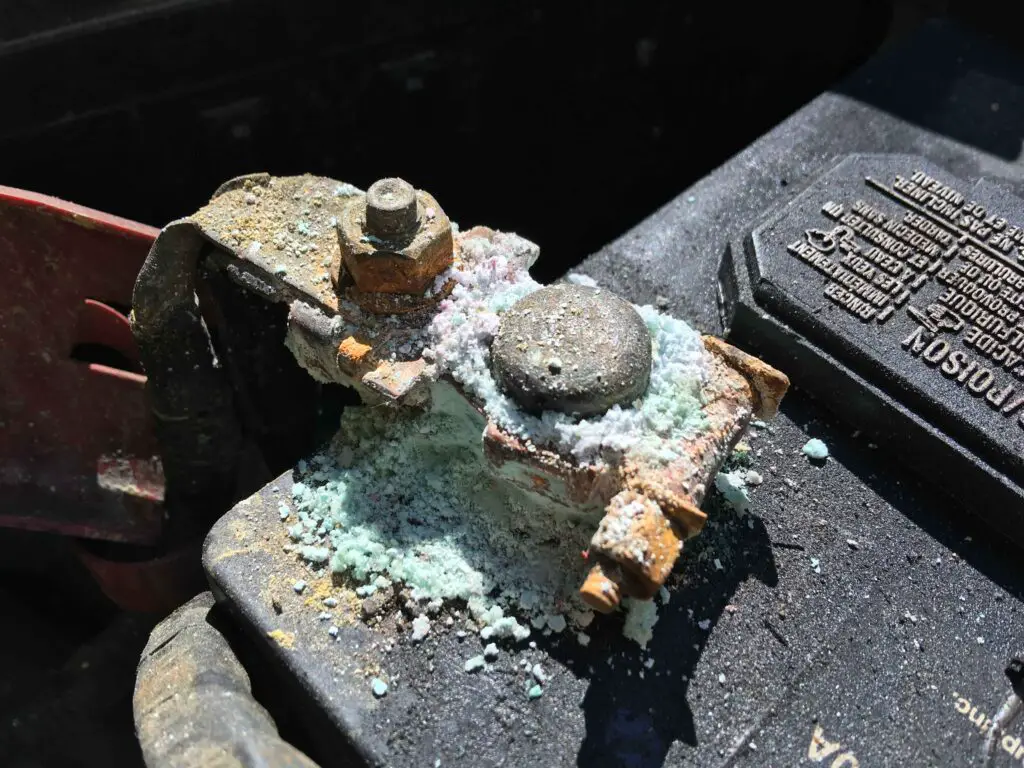
3. The Battery Age Factor
Just like fine wine, car batteries don’t always get better with age. In fact, the battery lifespan is a crucial factor in determining when you might need a replacement.
Most car batteries have a battery life of 3–5 years, but this can vary depending on several factors:
- Climate: Extreme temperatures can shorten battery life.
- Driving habits: Short trips and infrequent use can lead to battery sulfation.
- Maintenance: Regular battery maintenance can extend its life.
To check your battery’s age, look for a date code on the case. It’s usually a letter (for the month) followed by a number (for the year). If your battery is approaching the 3-year mark, it’s time to start paying closer attention to its performance.
In addition to years, battery age depends on how well it was treated. A well-maintained 4-year-old battery might outperform a neglected 2-year-old one!
4. Dim Lights and Electrical Gremlins
When your car battery starts to lose its mojo, your vehicle’s electrical system is often the first to complain. Keep an eye out for these clear signs:
- Dim headlights: If your lights seem more like candles than beacons, your battery might be struggling.
- Flickering dashboard lights: This electrical hiccup could be a cry for help from your battery.
- Slow power windows: When rolling up windows feels like a workout, your battery might be to blame.
These electrical issues aren’t just annoying; they are a way of signaling potential battery problems. A simple battery voltage test can help confirm if your battery is indeed the culprit.
5. The Swollen Battery Case
A swollen battery case is a trap. Ignoring this bulging appearance is a clear sign of trouble.
What causes a battery to swell?
- Overcharging: Too much juice can lead to gas buildup and swelling.
- Freezing: Cold temperatures can cause the electrolyte to expand.
- Age: As batteries degrade, they can produce excess gas.
If you spot a swollen battery case, take immediate action:
- Don’t attempt to start the car.
- Avoid touching the battery.
- Call a professional for safe removal and replacement.
Remember, it’s a safety hazard. Don’t risk it!
6. Funky Smells From Under the Hood
If your nose detects something funky when you pop the hood, your car battery might be trying to tell you something. Here’s what to sniff for:
- Rotten egg smell: This could indicate a battery acid leak.
- Burning plastic odor: This might be a sign of an overheating battery.
These smells aren’t just unpleasant; they’re warning signs of potential battery problems. If you catch a whiff of something off, it’s time for a thorough battery health check.
Safety first! Never ignore strange odors coming from your battery. They could be signaling a dangerous situation that needs immediate attention.
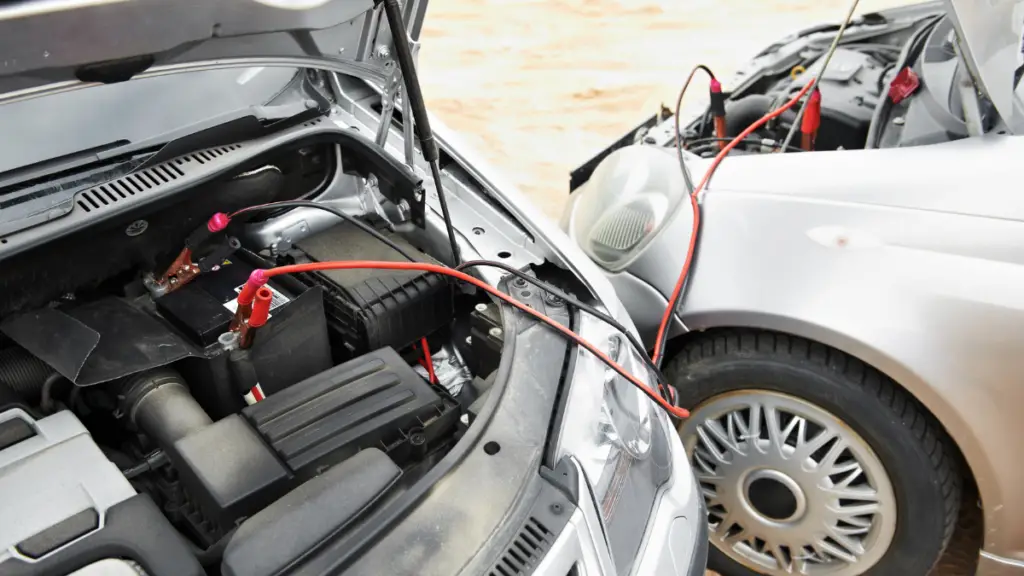
7. Frequent Jump Starts
If you’re becoming an expert at jumpstarting your car, it’s time to acknowledge that your battery is probably nearing its end.
Needing occasional jump starts isn’t unusual, especially in extreme weather. But if it’s becoming a regular part of your morning routine, consider it a red flag.
Frequent jump starts can indicate:
- A weak car battery is incapable of holding a charge.
- Parasitic draw draining your battery when the car is off
- There is an underlying issue with your car’s charging system.
While jump-starting can provide temporary mobility, it is not a sustainable solution. Repeated jump starts can damage your battery further.
If you’re reaching for those jumper cables more than once a month, it’s time to seriously consider a battery replacement.
8. The Clicking Sound of Doom
Turn the key. Do you hear a click? That ominous sound is often the death knell for your car battery.
This clicking noise occurs when your battery doesn’t have enough juice to engage the starter motor. It’s trying its best, but it just can’t muster the strength to get things going.
What should you do when you hear a click?
- Try a jump start; if it works, your battery is likely the issue.
- Check for corroded battery terminals; they can mimic a dead battery.
- Conduct a battery load test to assess its overall health.
Remember, while a clicking sound often points to battery issues, it could also indicate problems with your starter or alternator. When in doubt, get a professional diagnosis.
9. Corroded Connections
Examine your battery terminals under the hood. See any crusty, white, or blue-green buildup? That’s battery corrosion, and it’s no friend to your car’s electrical system.
Corrosion can:
- Keep your battery from receiving a proper charge.
- Cause electrical problems throughout your vehicle.
- Lead to premature battery failure.
The beneficial news? Battery terminal cleaning is a simple DIY task.
- Disconnect the battery (negative terminal first).
- Mix baking soda and water into a paste.
- Apply the paste and scrub with a wire brush.
- Rinse and dry thoroughly.
- Reconnect the battery (positive terminal first).
Regular cleaning can extend your battery life and prevent unnecessary electrical problems.
10. Seasonal changes and battery woes
Your car battery isn’t a fan of extreme weather. Both scorching heat and frigid cold can take a toll on its performance.
In summer:
- High temperatures can cause battery water levels to evaporate.
- This can lead to internal damage and shortened battery life.
In winter:
- Cold reduces the battery’s capacity to provide sufficient cold cranking amps.
- This makes it harder for your engine to start.
To combat seasonal battery stress:
- Conduct regular battery health checks, especially before extreme weather hits.
- Consider using a battery tender in very cold climates.
- When possible, park in a garage or in a shaded area.
Remember, battery temperature sensitivity is real. A little extra care during seasonal changes can go a long way in extending your battery’s lifespan.
Conclusion
Attention car enthusiasts and everyday drivers! Here are the 10 signs that your car battery might be nearing its end.
A timely battery check can save you from countless headaches and potential stranding.
Don’t wait for your battery to fail you. Be proactive and monitor these warning signs.
Schedule a battery check-up today, or better yet, learn to do a quick inspection yourself. Stay ahead of battery issues and keep your car running smoothly!

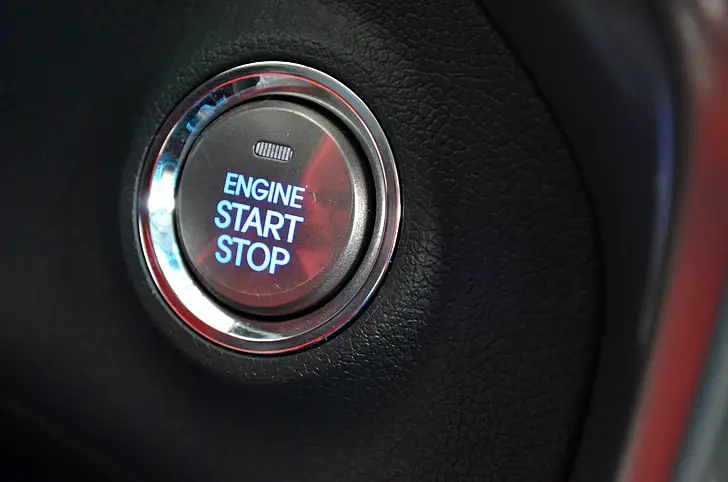
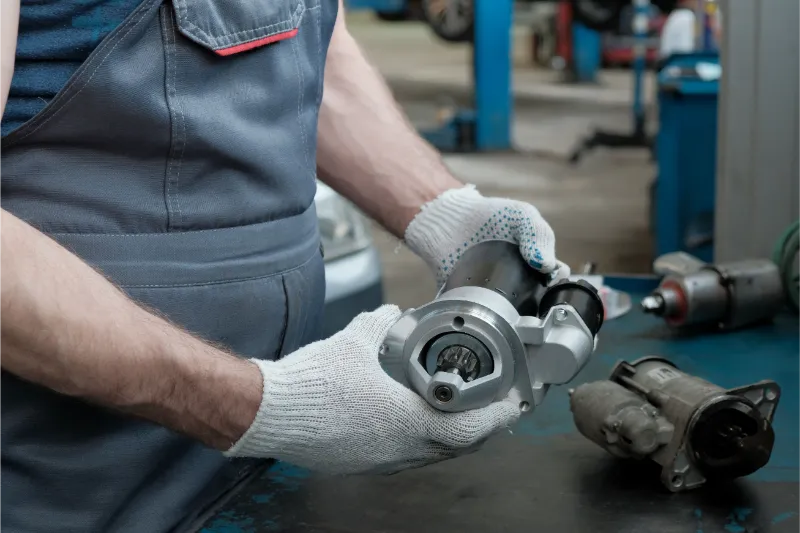
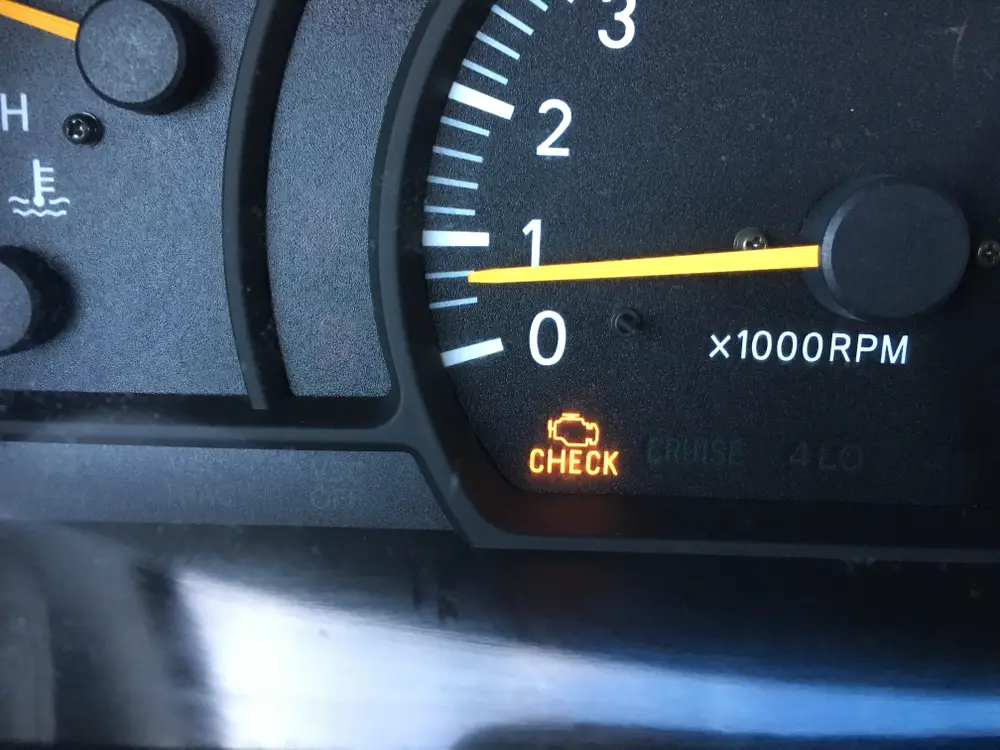
Leave a Reply